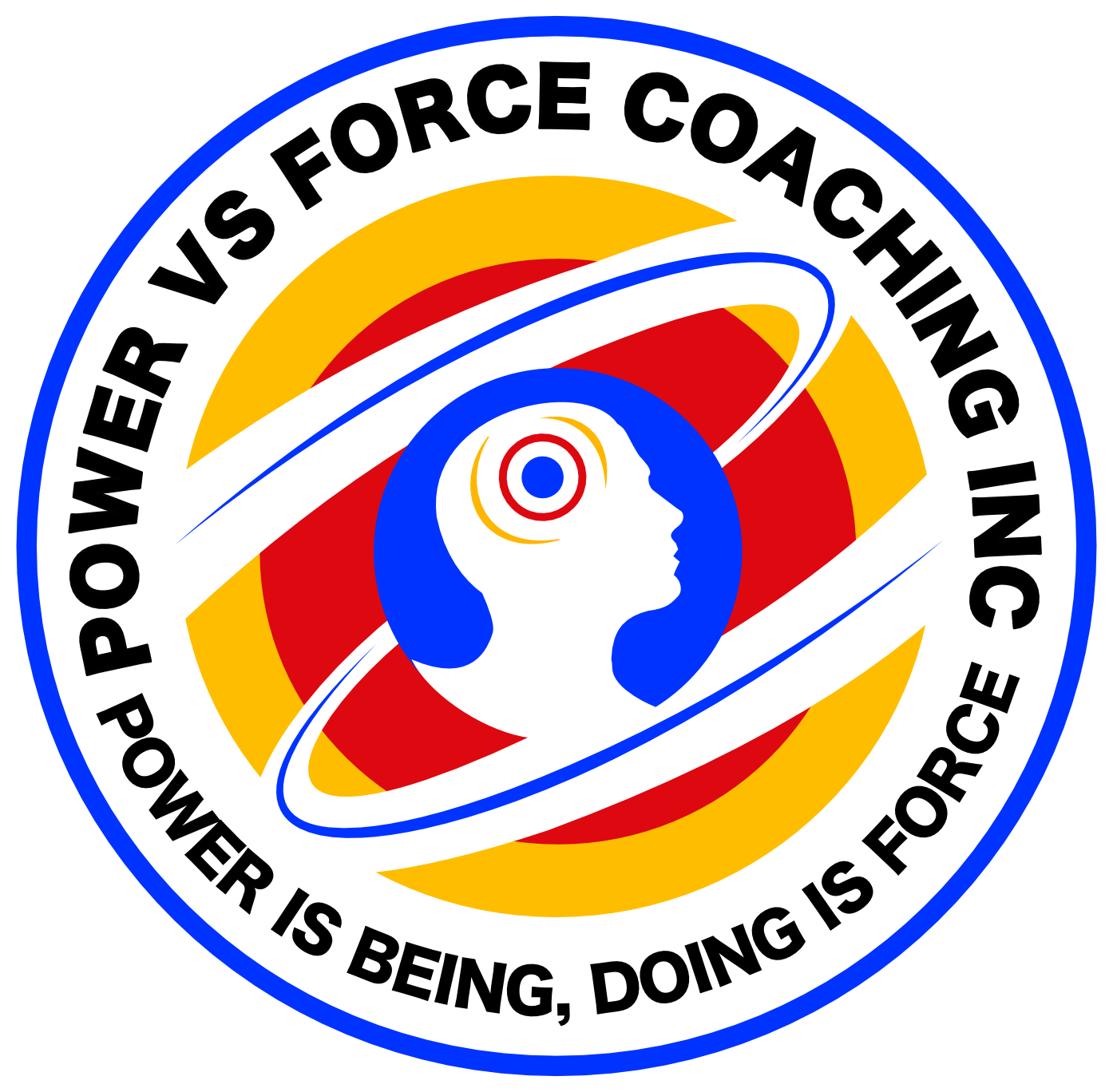A Path to Creativity and Development for Young Hockey Players
“Boredom always precedes a period of great creativity.” — Robert M. Pirsig
As young hockey players and parents, you may frequently see boredom as something to avoid at all costs. In a society where electronic gadgets and social media provide constant excitement, boredom can be unpleasant. However, a sense of boredom may be required to promote creativity and personal development in young players. Let’s look at how tolerating boredom might help young hockey players on and off the ice.
The Power of the Wandering Mind
Boredom allows the mind to roam and contemplate a wide range of ideas. Without the distraction of constant stimulation, young players can daydream and let their imaginations run wild. This mental wandering may lead to creative ideas and effective solutions to challenges encountered during training on or off the ice. A bored mind, for example, may come up with unique methods for fine-tuning skating techniques or envision creative moves that might be performed on the ice. Encourage your young player to regard these moments of mental wandering as opportunities for imaginative thinking.
Looking for New Activities and Challenges
Boredom often motivates people to seek out new pastimes, interests, or challenges in order to relieve their restlessness. For young hockey players, this can entail trying out other sports, participating in off ice training activities, or even pursuing artistic outlets like sketching, writing, or playing an instrument. Participating in a variety of activities not only relieves boredom, but also strengthens overall development. It increases players’ physical coordination, mental agility, and creativity, all of which can help them play better hockey.
Encourages Inquiry and Self-reflection
Boredom fosters awareness and self-reflection in the absence of external entertainment. These quiet moments allow young athletes to think about their goals, strengths, and opportunities for improvement. It enables players to track their development and bring out specific areas where they can focus their efforts for personal growth on and off the ice. Encourage self-reflection to help young hockey players better understand themselves and what motivates them. It can also lead to more meaningful and attainable goals, thereby boosting their overall effectiveness and enjoyment of the activity.
Driving Innovation and Creativity
Boredom has always driven humans to devise new ways to occupy themselves. The need to prevent boredom has resulted in the development of new technology, games, arts, and other activities. Boredom may inspire young hockey players’ creative thinking, resulting in the development of new workout routines, fun games, or new methods to improve abilities. Parents may help their children develop creativity by providing resources and encouraging them to experiment and invent. The options are limitless, whether you buy a couple of nets and start a ball hockey game or create an obstacle course challenge, fun will definitely be part of the experience.
Boredom doesn’t have to be your enemy. It can be a powerful catalyst for young hockey players’ creativity, personal growth, and innovation. By accepting boredom, young player can maximize their potential both on and off the rink. Parents play a vital role in fostering this mindset by encouraging and allowing their children to try new ideas and activities.
So, the next time boredom strikes, remember that it’s more than just a moment to fill; it’s an opportunity for growth and creative thoughts waiting to be discovered and experienced.





